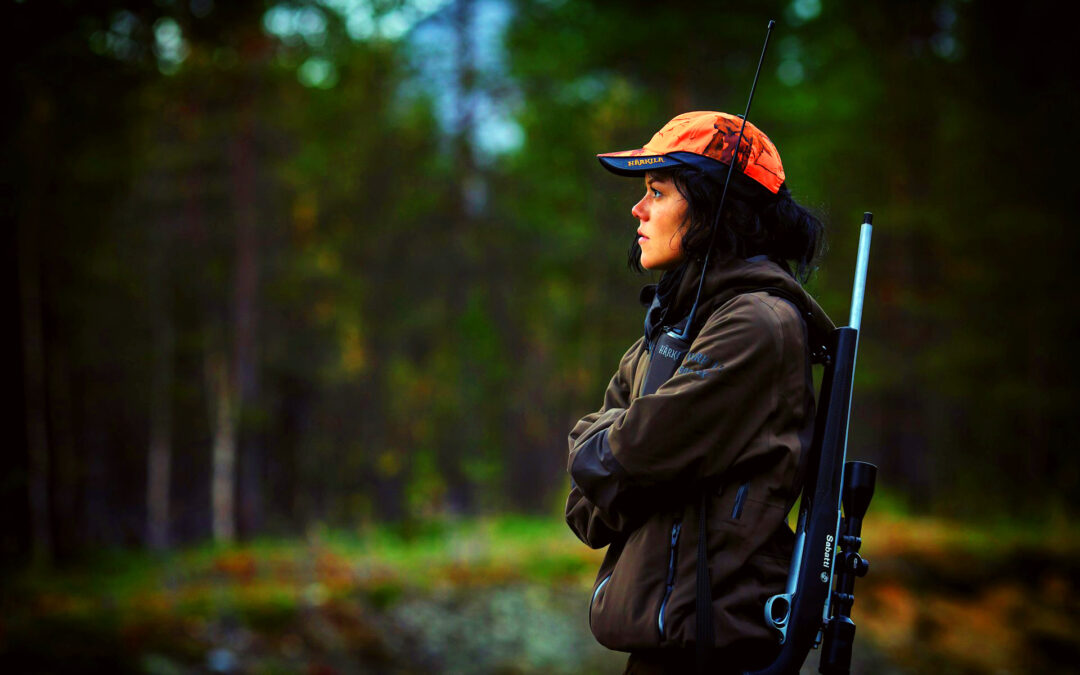The image of the solitary male hunter traversing the wilderness has long been a fixture in popular culture. However, a significant transformation is underway as more women are embracing the mantle of hunting, revitalizing an ancient pursuit with both tradition and modern sensibilities. This shift is not just a change in demographic but a profound evolution in the hunting community, one that is redefining the landscape of this age-old practice.
The Rise of Women Hunters
Recent data highlights the growing trend of women participating in hunting. According to a National Geographic report, the proportion of women who hunt has increased by 25 percent since 2006. This rise reflects a broader cultural shift and challenges the long-standing stereotypes associated with hunting.
Historically, figures like Annie Oakley have shaped the narrative of female hunters. Born in 1860 in poverty-stricken western Ohio, Oakley began trapping at a young age and took up hunting by the age of eight. Her skills not only supported her family but also established her as a prominent figure in the world of shooting and hunting. Oakley’s legacy continues to inspire a new generation of women who are finding their place in the hunting community.
Why Women Hunt
For many women, hunting transcends the role of a mere hobby. It represents a profound connection with nature, a commitment to self-sufficiency, and an engagement in a time-honored tradition. Women hunters are drawn to the pursuit for various reasons:
1. Self-Sufficiency and Sustainability: Hunting provides a direct link to food sources, allowing women to ensure the quality and ethical sourcing of their meat. This self-sufficiency aligns with broader trends towards sustainability and a more conscious lifestyle.
2. Challenge and Empowerment: The thrill of the hunt and the mastery of tracking and taking down game offer a sense of empowerment. Many women find solace and fulfillment in the challenge, which fosters a deeper connection to the natural world.
3. Community and Support: Women hunters are creating networks and support systems, both online and in person. These communities facilitate the sharing of knowledge, experiences, and camaraderie. By learning from one another and celebrating their achievements, women hunters are breaking down barriers in a traditionally male-dominated field.
4. Conservation and Stewardship: Women often bring a unique perspective to hunting, characterized by patience, attention to detail, and a genuine respect for nature. Many advocate for sustainable hunting practices and habitat preservation, contributing to the broader conservation efforts.
Challenges and Changes
Despite their growing numbers, women hunters still encounter stereotypes and misconceptions. The outdoor industry has historically been slow to cater to their specific needs, from gear and apparel to training resources. However, progress is being made. Increasingly, companies are recognizing the demand for hunting equipment and clothing designed specifically for women. This shift reflects a broader acknowledgment of women’s roles and contributions within the hunting community.
The Future of Hunting
Celebrating the contributions of women hunters means acknowledging their skill, determination, and the unique perspectives they bring to the field. These pioneers are not only redefining what it means to be a hunter but also influencing the future of the sport. Their impact extends beyond the hunting grounds and resonates throughout society, challenging outdated norms and fostering a more inclusive and diverse community.
As the hunting world evolves, the continued presence and influence of women will drive further change, promoting a more inclusive and progressive approach to the sport. For those interested in exploring this dynamic field further, including tips on hunting whitetail deer and more, visit Oak Creek Whitetail Ranch.
By embracing the transformation and celebrating the achievements of women hunters, we recognize their essential role in shaping the future of hunting and their broader impact on society.


Recent Comments